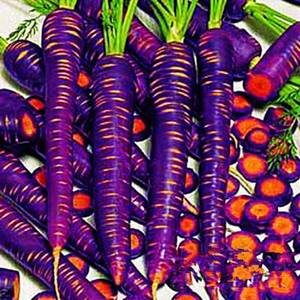
Depression – Antioxidantien und Folsäure
Das European Journal of Clinical Nutrition berichtet dass eine Ernährungsform mit hohem Frucht- und Gemüseanteil weniger depressive Symptome hervorruft. Die Studie führt dieses Ergebnis vor allem auf die darin enthaltenen Antioxidantien zurück und Omega3 – dieses wird oft nur mit Fisch in Verbindung gebracht – ist aber pflanzlich z.B. in Lein-, Hanfsamen und Chiasamen enthalten. Besonders Folsäure findet auch Erwähnung – zu wenig davon erzeugt ein höheres Risiko von Depression, Schlaflosigkeit und geistige Müdigkeit. Bei Menschen mit Depression wurden erhöhte Homocystein-Werte im Blut nachgewiesen – diese Aminosäure beeinträchtigt die Genesung von einer Depression und das Herz. Folsäure minimiert Homocystein – daher hat Folsäure insgesamt einen antidepressiven Effekt.
Folsäure ist vor allem enthalten in Avocados und dunkelgrünen Gemüsen (Spargel, Salate, Kohlsprossen,…), Sojabohnen, Weizenkeimen, Nüssen, Erdbeeren, Brombeeren, Himbeeren, Mangos, Kirschen, Weintrauben und Honigmelonen.
Auch wenn Folsäure hier eine spezielle Erwähnung findet, ist die wichtigste Botschaft viel buntes Obst und Gemüse dauerhaft in unsere Ernährung einzubauen um depressive Symptome zu verbessern – je leuchtender die Farbe umso mehr enthaltene Antioxidantien (Gegenspieler der freien Radikale). Diese vermehrt aufzunehmen ist sehr wichtig, da unser Gehirn leider die niedrigste antioxidative Kapazität hat – so meint Jean Carper in „Wundernahrung fürs Gehirn: „Nirgendwo ist der Schaden tragischer für die Persönlichkeit und den Intellekt als im Gehirn.“
Depression – antioxidants and folic acid
The European Journal of Clinical Nutrition reports due to a study that a nutrition rich in fruits an vegetables causes less depressive symptoms – this result refers to antioxidants and omega 3. Omega 3 is often only related to fish, but there are also rich plantal sources like flax, hemp and chiaseeds (here for example 8 times higher than in salmon!)
There is also a special mention of folic acid – a lack in folic acid increases the risk of depression, insomnia and mental fatigue. There´s evidence that people suffering from depression had a higher level of homocystein in their blood which interferes with recovery from depression and our heart health. Folic Acid minimizes homocystein and so has an antidepressive effect!
Folic acid is highly contained in avocados and dark green vegetables (like asparagus, salad, brussels sprouts,…), soybeans, sprouts, nuts, strawberries, raspberries, blackberries, cherries, mangos, grapes and honeydew melons.
Even though folic acid finds that special mention, the most important message of the study is: Eat lots of colourful fruits and vegetables to ameliorate depressive symptoms!!!
The more vibrant the colours the more antioxidants are contained – antioxidants are the antagonist of free radicals. They specially help our brain which has the least antioxidative capacity – so Jean Carper quotes in „Your Miracle Brain“ that there can be no more dramatic damage to your personality and your intellect than in your brain.
